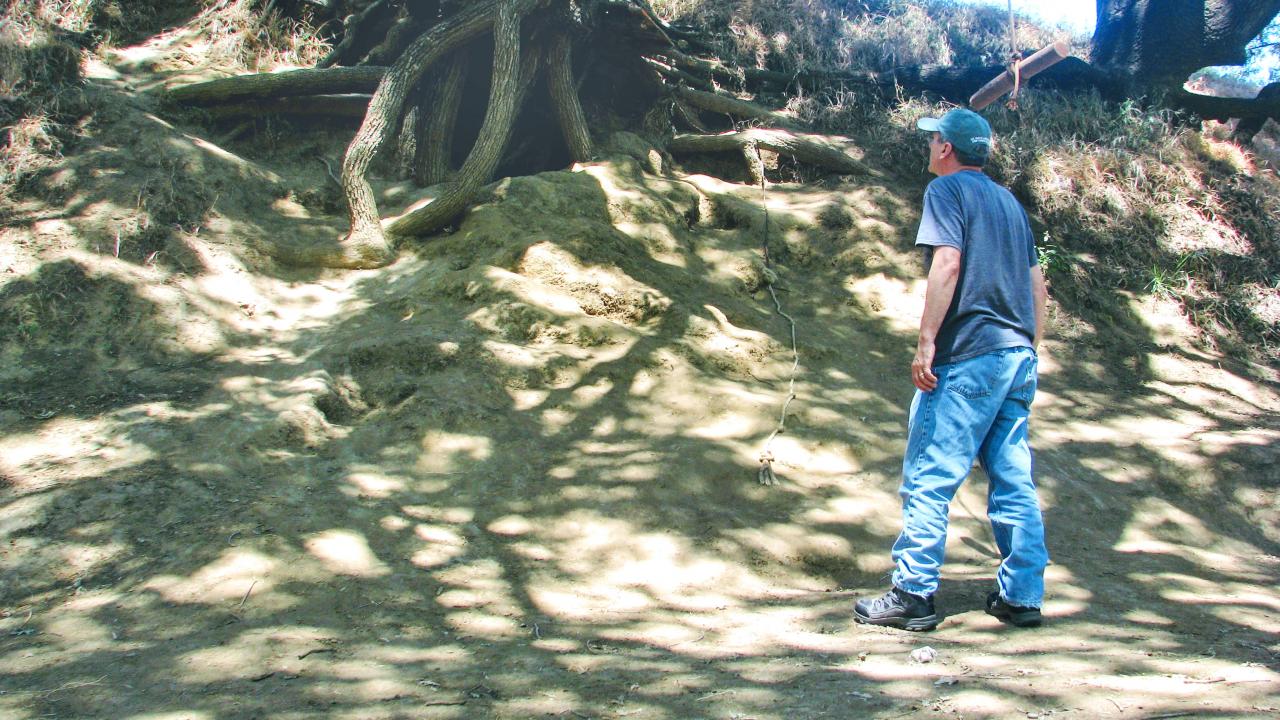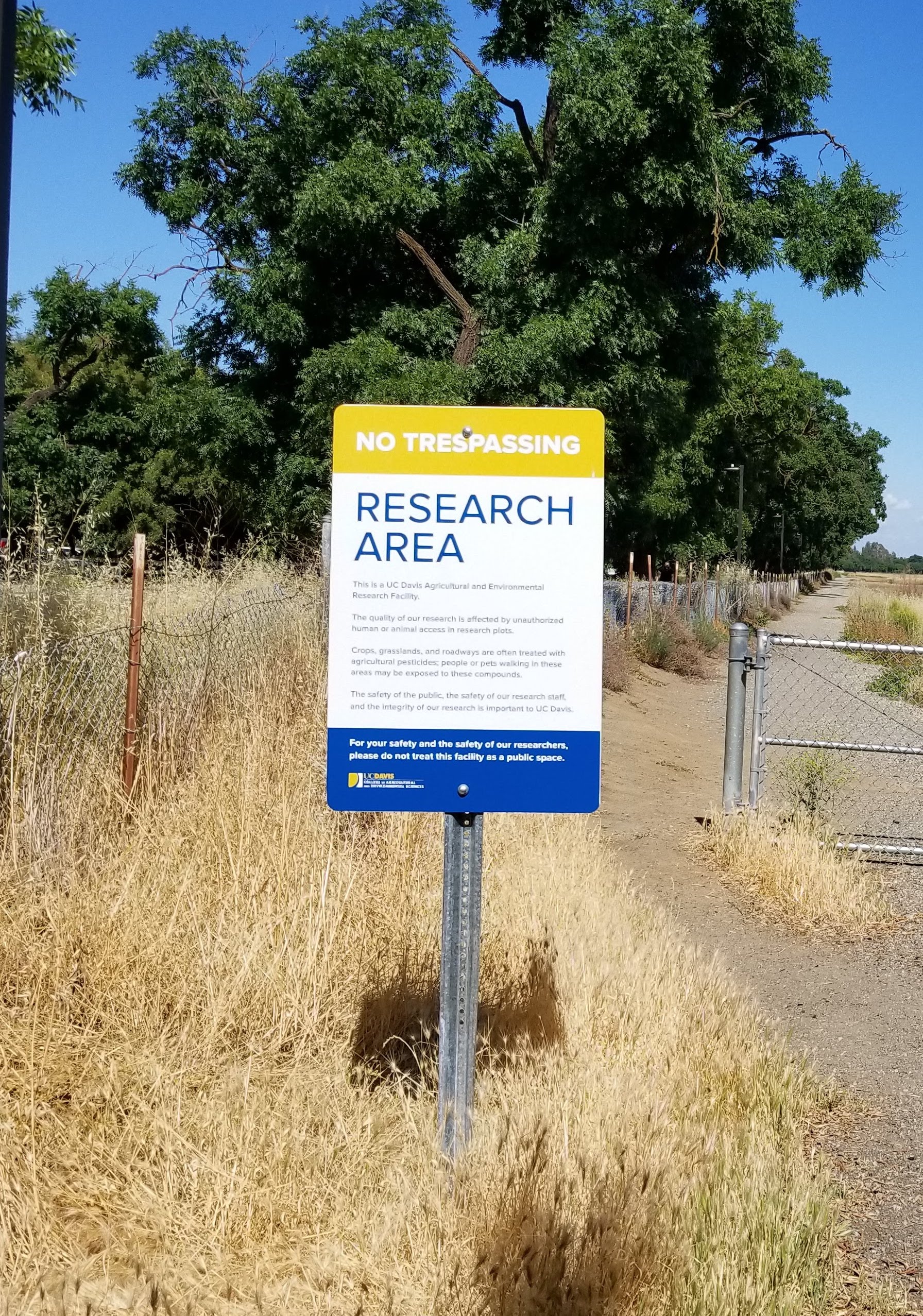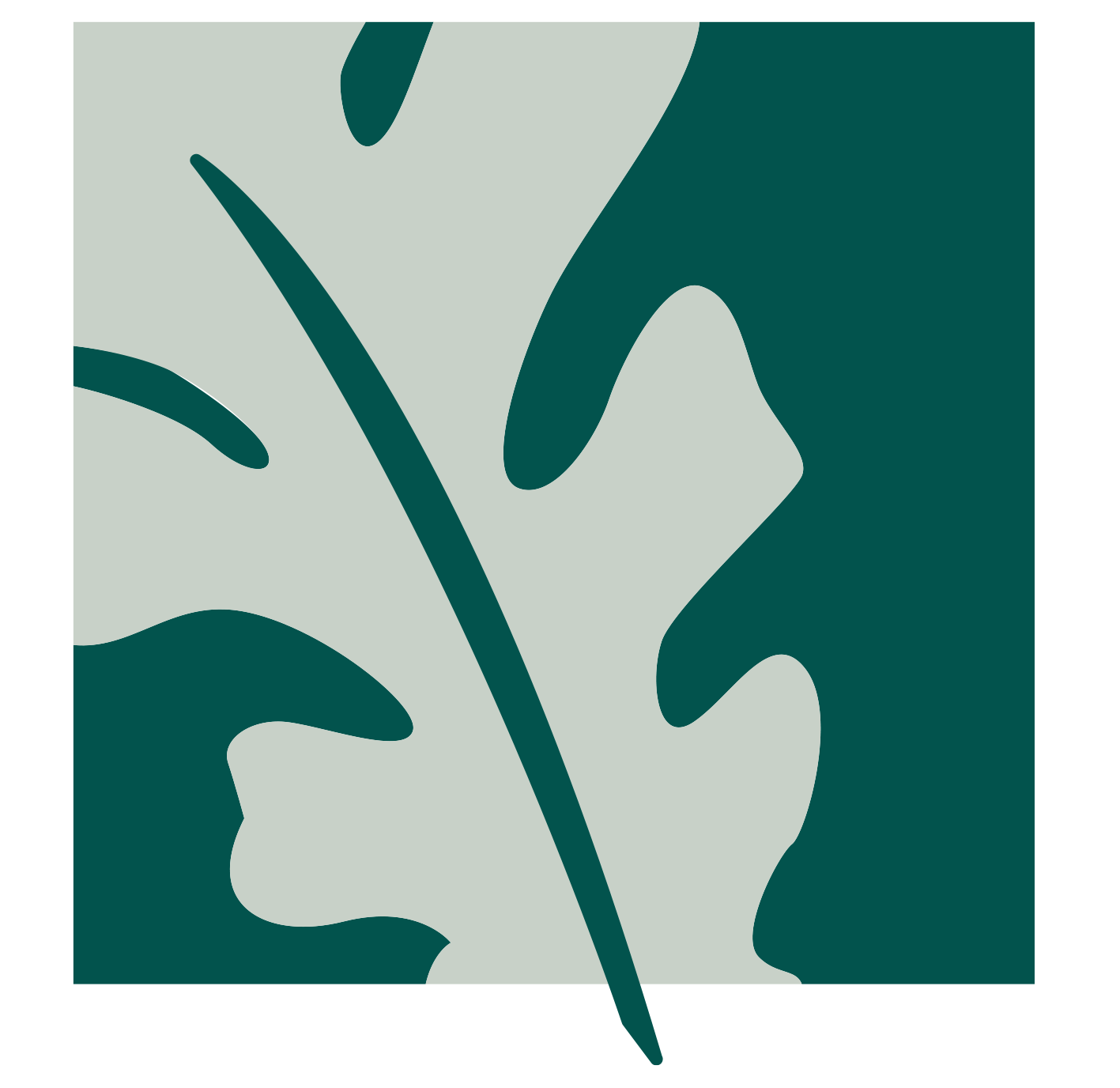
Wildlife injured, environment damaged, research comprised as visitors seek local recreation
by Andrew Fulks
With California currently under a shelter-in-place order to slow the spread of COVID-19, and the onset of sunny and pleasant spring days, the UC Davis campus has seen an influx of visitors seeking recreation close to home. However, with many parks, picnic areas, and campgrounds currently closed, the campus has also seen an increase in overall visitors, both local and from out of the area.
This has led to instances of overflowing parking areas along the Putah Creek Reserve in west and south campus, as well as increases in unauthorized off-leash dog activity and people not maintaining physical distance.
“The amount of off-leash dog activity has exceeded anything I’ve seen before,” says JP Marie, manager of the Putah Creek Reserve. “While dogs are generally allowed on the paths, they have to remain on leash, per Yolo County Code and UC Davis Policy.”
“The Putah Creek Riparian Reserve is a teaching and research natural area, first and foremost,” stresses Andrew Fulks, director of the Reserve and assistant director at the UC Davis Arboretum and Public Garden. “People are allowed in some areas for passive recreation, but they need to remember it isn’t a park, and human impacts hurt not only the environment, but active research and class use.”
Increased public use has led to bank erosion where ropes have been hung from tree limbs for swinging, as people climb up and down the banks to ride swings. Anglers have cut down trees and bank vegetation to prevent fishing lines from being caught. Visitors, desperate to find parking, have blocked access roads and gates. Perhaps most distressing are some of the wildlife impacts, with people observed destroying bird nest boxes that are part of the Putah Creek Nestbox Highway. Since the beginning of shelter-in-place, 7 gopher snakes have been found with fatal wounds consistent with human-caused mortality.

The Creek isn’t the only area on campus to see increased recreational use since the shelter-in-place order. On the agricultural research lands on west campus, dog walker and jogger activity have also increased. For researchers and land managers, this presents increased difficulty in pest management, equipment operations, and maintaining the quality of research in their areas. Unknowingly, visitors disrupt ongoing sensitive research and instrumentation or potentially expose themselves to agricultural chemicals.
"The safety of the public, the safety of our research staff, and the integrity of our research is important to UC Davis" says Brad Hanson, faculty chair of the Plant Science Field Committee for the College of Agricultural and Environmental Sciences.
For Dan Sehnert with Animal Science, the increased visitation has direct impacts on the animals under his care.
“Since the COVID-19 shelter-in-place order, we’ve had casual visitors feeding sheep at the sheep barn, as well as their dogs distressing the sheep by getting too close to the pens. This can cause the sheep to run into the fence and injure themselves, including breaking bones.”
The College will be adding signs to west campus to remind visitors which areas are off-limits. In addition, the Putah Creek Riparian Reserve may have to temporarily limit parking in some areas to reduce the overall visitor impact.
In a statement by Chancellor May, he reminds people that, “If you plan to visit the Arboretum and Public Garden, or the Putah Creek Riparian Reserve, keep as much space as possible (at the very minimum 6 feet) between you and others. Some of our trails are narrower than 6 feet, so please consider going someplace else, or stay home. We cannot let down our guard.”
